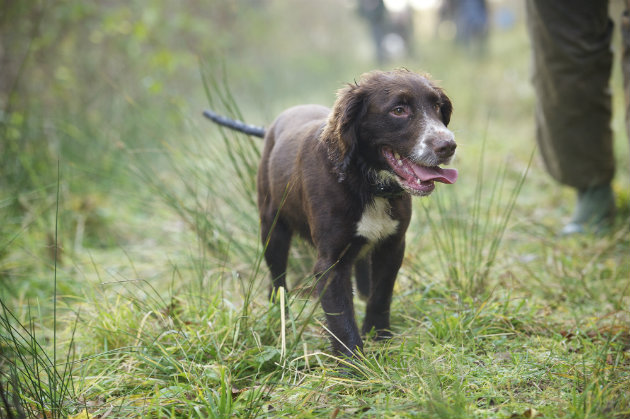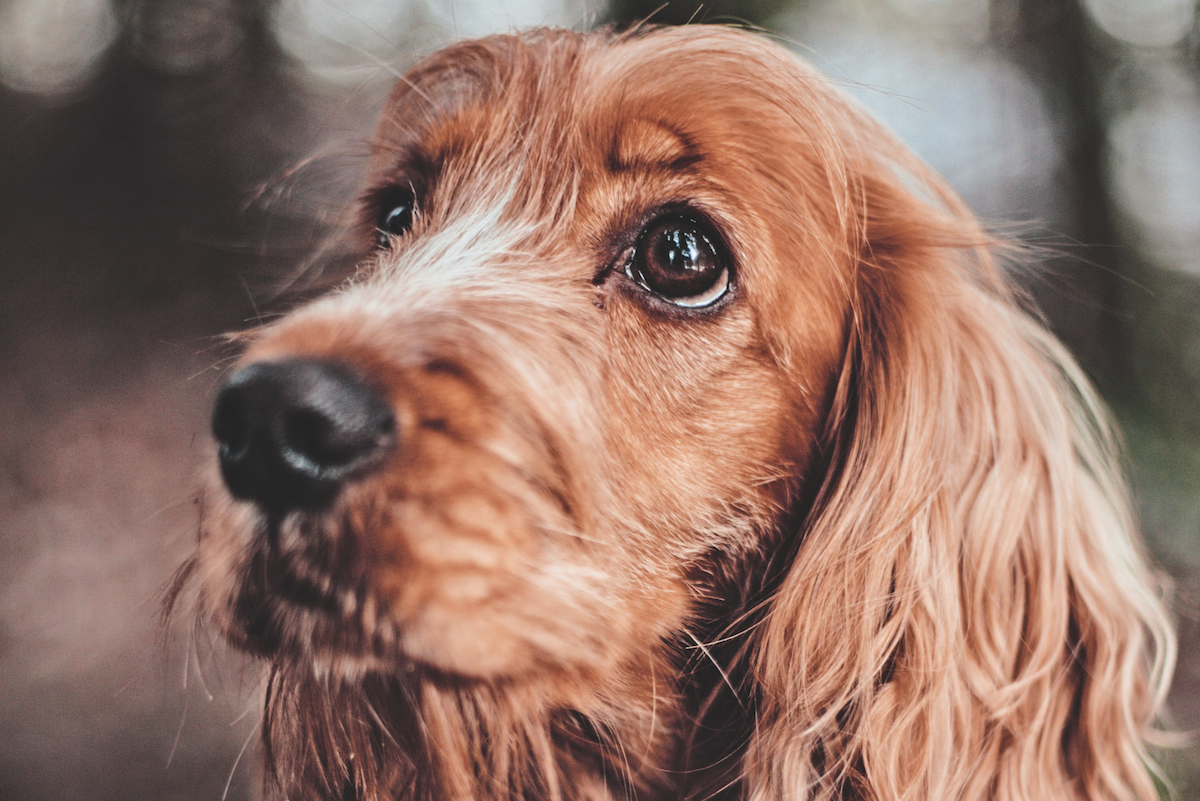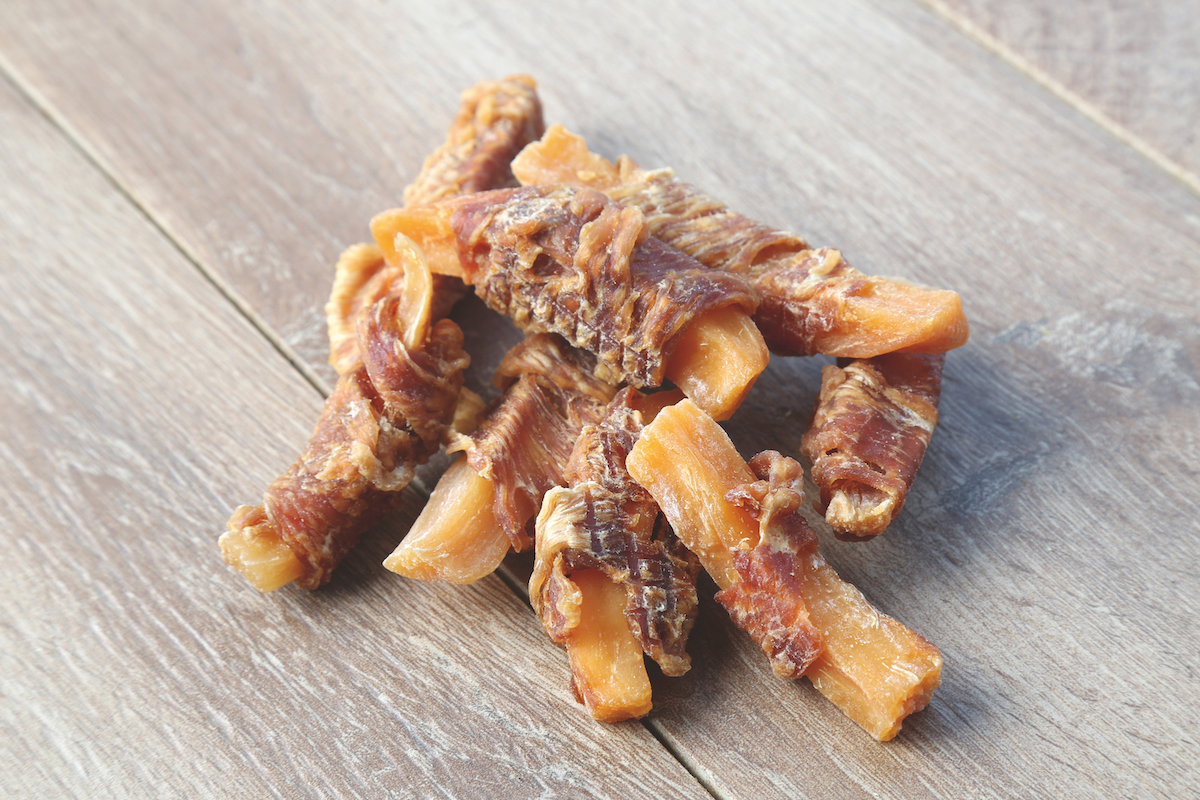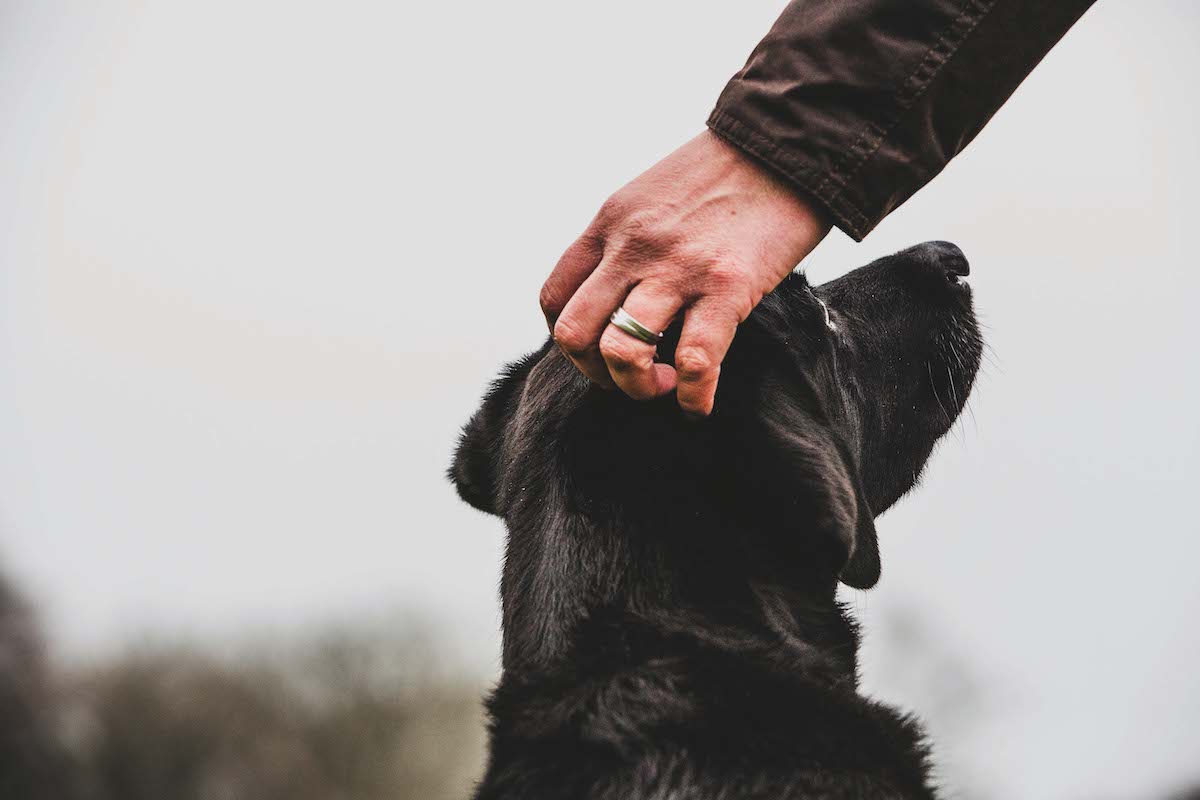Why you should never ignore a dog’s broken tooth
The state of your gundog's teeth will have an effect on his overall well-being so it's important to look after them

Dogs self-medicate by eating grass
Enthusiastic gun dogs rushing around in the field are far more prone to injuries and mishaps than a dog that spends all day snoozing on the sofa. (Read our list of best dog beds.) One particular injury that needs prompt attention is a broken dog tooth. A fractured molar or incisor left untreated can have longterm ill effects. (Take a look at our advice on how to care for a gun dog after a shoot day.)
A broken dog tooth that seems painless?
Just because your dog doesn’t seem concerned by a crack or break doesn’t mean that it’s okay to leave it.
A broken dog tooth, especially if the root canal is exposed, can be painful to a dog. Animals won’t always show their discomfort as they are evolutionarily conditioned to mask pain fairly well; they consequently respond differently, are much more stoical and have no concept that they can be helped. With our current state of knowledge in veterinary medicine, it is no longer necessarily appropriate to simply ignore broken teeth in our patients.
Ache or sharp pain
The outer layer of the tooth is called the enamel and inside the tooth is the pulp cavity. This “pulp” is where the blood vessels and nerves that serve the tooth lie. When the hard, protective enamel is fractured it enables bacterial infection and puts pressure on the nerve, causing a dull ache or sharp pain.
Your vet will be able to ascertain how much of the tooth has been broken and how deep the fracture extends, and can determine the most appropriate treatment options.
If the tooth root canal is exposed and infected, bacteria can then break out through the bottom of the tooth, cause bone destruction and occasionally an abscess, which appears as a swelling on the face, often below the eye. This most commonly occurs with a fracture of the upper fourth premolar (carnassial) tooth. It can also happen secondary to an infected canine tooth (the fang) as well as most other teeth. Antibiotics will usually resolve the problem but it can recur if the offending tooth is not appropriately treated. This may require the tooth to be removed.
Fractured teeth do not have to be removed. There is usually an alternative available, though this may require the animal to be referred to a specialist veterinary dental clinic, and for some teeth — lower canines are a good example — it can be far easier to root-fill than extract the tooth.

A dog’s molar showing plaque build-up
Why is it so expensive to have a broken dog tooth removed?
Q: I recently had to have a tooth pulled at my dentist and was charged £11.56. Then my dog goes and breaks a molar tooth and I was charged £150 for its removal. Why such a difference?
A: This is a common complaint for vets to hear. The answer is simple. First off, vets are not subsidised by the NHS.
Few are aware that even prescription costs are a token payment to cover the cost of prescribing (ie counting the tablets and putting them in a labelled bottle), rather than the actual cost of the drugs involved. The same is true of most dentists. You pay a part and the Government chips in to settle the rest of the dentist’s bill for the procedure.
In your case, I am pretty sure you walked into your dentist, sat down and, like the good patient you are, had your tooth removed. Your dog’s treatment, however, will require pre-anaesthetic discussion, he will be weighed, sedated and returned to a comfy kennel. Later he will have a cannula inserted in his vein and be anaesthetised by injection and maintained on gas and oxygen.
A dog’s tooth is considerably more harder to remove than yours! He will receive pain relief and antibiotics and be returned to his kennel to recover, before you receive individual discharge instructions from a vet or nurse. You should also receive a follow up consultation.
The cost of treatment reflects all this.
Keeping your dog’s teeth clean
It’s also important to keep your dog’s teeth free from tartar and clean them regularly. This is a process best started when the dog is a puppy, so it becomes a normal part of everyday life.
Cleaning your dog’s teeth will keep gums healthier and help to prevent infections. The teeth will also stay stronger.
This article was originally published in 2014 and has been updated.








